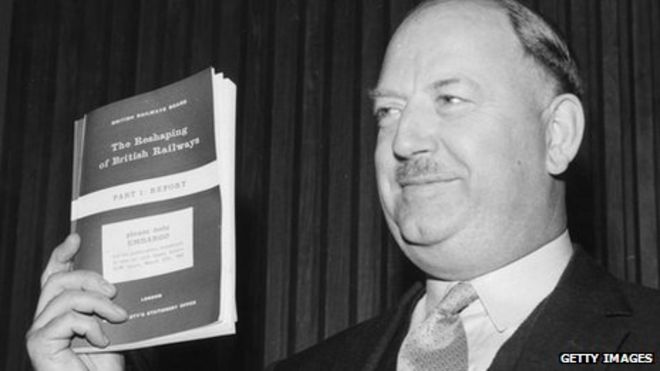It's similar over here, thus, my forum post:
Those poor decisions and regrets later, and lost dreams.
Today there is talk of extending, I mean rebuilding the Eastern Railroad from Newbury to Portsmouth. This work will require replacing the swing span on the stuck drawbridge over the Merrimack River, and rebuilding the main line completely north, this exists only as talk and the subject comes up at least once every couple of years.
The Northern Railroad of New Hampshire - Concord to White River Jct. Vermont has met the same fate. It sat in limbo after being railbanked when PAR closed the line in the mid-1980's. It was proposed recently as part of a Boston to Montreal route, or rather resurrected as such since it used to be that, but instead the tracks have been removed and the line is now a bike trail.
Once track is gone, it's gone. The cost of putting the infrastructure back runs into the $100 millions or more. Being what it is here should a plan like that ever come into fruition, the contractors will get no-bid contracts, the politicians will get a nice fistful of cash, and there will be delays to ensure that everyone gets their bigger share of the project. That is should the project ever come to fruition.
The other problem now is NIMBYs. Yes those people who complain if something smells, makes noise, or interrupts their drive on the clogged highways to their destination. A simple proposal was brought up a few years ago to extend the local commuter line two more stops to Plaistow, NH. The residents of Atkinson, located 6 miles from the end of the line, complained there might be noise and smells from the parked trains. The proposal was canceled even though that would have relieved a substantial amount of traffic and other clogged commuter stations south of these.
There's a bit more to say on New Hampshire in general. The state of New Hampshire will pay for absolutely nothing when it comes to rail infrastructure and services. The state has been since the invention of the highway, a road-oriented state. When it came to sending Amtrak to Portland Maine, now extended to New Brunswick Maine, New Hampshire got a free ride so to speak, Maine and Massachusetts have foot the bill for the service and New Hampshire gets 3 free stations in the process. This is the same with the Maple Leaf to Rutland Vermont. The short thin bit that runs in New Hampshire has two stations, yet the donate zilch to the cause.
With this attitude everywhere, it's difficult to rebuild anything even if it means taking a gazillion drivers off the road. Instead drivers from New Hampshire will sit in traffic for hours as they commute back and forth between their homes and their jobs in Boston. If they do take the train, they will drive 6 to 10 miles to Haverhill rather than have a local commuter stop of their own. This increased clog of cars has forced Haverhill to institute parking fees and meters to prevent the outsiders from seeking free parking.

